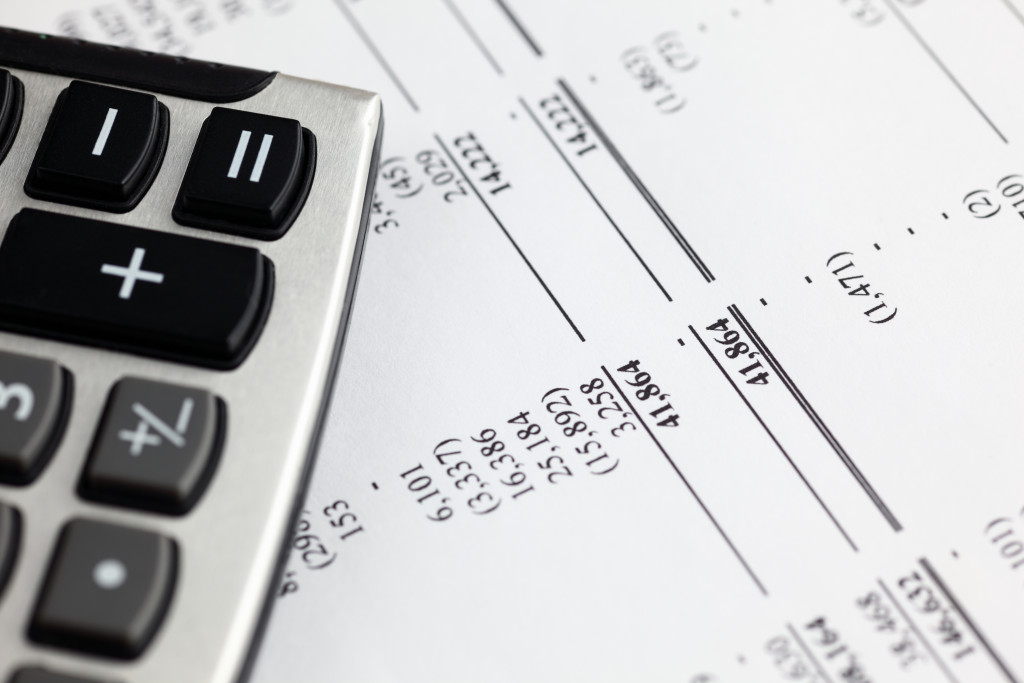- Understanding legalities and regulations and drafting comprehensive rental agreements are crucial for landlords.
- Maintaining records of rental agreements, payments, and repairs is invaluable for tax and legal purposes.
- Knowledge of eviction laws, safety requirements, tenant rights, and insurance regulations is paramount.
- Consulting a legal advisor specializing in landlord-tenant law can help you navigate complex issues.
As a landlord, your role goes far beyond simply renting out properties to tenants and collecting rent. You have to deal with legalities, regulations, and potential issues that could arise from time to time. Here are a few essential tips to ensure that you are complying with all the legal aspects of running a rental property and that you’re prepared for any potential challenges.
Understand the Laws and Regulations.
Before buying a rental property, you should be familiar with your legal obligations as a landlord. These will vary by state, city, or county, so it’s important to thoroughly research any new area you decide to invest in. You want to be familiar with such things as the following:
Eviction laws.

Eviction laws vary by place, and they’re often complex and time-consuming. As a landlord, it’s essential to understand the eviction process in your area so that you can be prepared if a tenant fails to pay rent or violates their lease agreement.
Safety requirements.
You must keep your rental property up to safety standards. These can include the installation of smoke alarms, carbon monoxide detectors, and other security measures such as deadbolts on exterior doors and locks on windows. Although these are often mandatory in most areas, ensure you know what is required before you lease out a property.
Tenant rights.
You should also familiarize yourself with tenant’s rights, as well as your own. This includes knowing what is allowed in terms of security deposits, late payments, and the right to privacy for tenants. Ensure you’re aware of any applicable laws on these matters to ensure a better rental experience for both parties.
Insurance regulations.
It’s also important to ensure your rental property is covered by insurance. This includes liability and property damage coverage and any local laws regarding minimum coverage requirements for landlords.
Failing to comply with these could result in penalties, fines, and legal trouble. So, review all the applicable laws and regulations before you become a landlord.
Make a thorough rental agreement.
Your rental agreement is a legally binding contract between you and your tenant, which outlines the terms and conditions of the rental arrangement. It should be in writing and contain everything the renter is entitled to and the landlord’s responsibilities and rights.
It should specify the length of the lease, the rent amount, security deposit, and late fees, among other essentials. Ensure you read through it with the tenant and give them ample time to understand the terms before signing it. This way, all parties will be on the same page in case any legal conflicts arise in the future.
If legal issues do arise, it’s important to have a professional handle the situation. Hiring a commercial bailiff can make sure that you are complying with all relevant laws and regulations and that your rights as a landlord are protected. They will also help ensure that the opposite party is held accountable for any breaches of the rental agreement.
Keep Good Records.

As a landlord, you are in charge of maintaining records of rental agreements, rent payment history, and repairs. A good filing system will help you track the details of your tenant’s activities, payments and repairs, etc.
You will need this information for taxes, property appraisal, selling, or if any legal claims arise. Keeping detailed records of everything can save you from unnecessary trouble and make the leasing process more professional.
Have a Legal Advisor.
Even with a good understanding of rental property laws and regulations, it helps to have a legal advisor when dealing with more challenging issues. Find a professional specializing in landlord-tenant law, property rights, and real estate.
A legal advisor can provide insights on how to draft your rental agreement, respond to conflicts, and represent you in court. This support can make a difference in handling the most pressing problems that you may face.
The responsibilities of a landlord extend beyond simply renting out properties. From understanding the laws and regulations, drafting detailed rental agreements, keeping thorough records, and having a legal advisor, every step is vital for maintaining a successful rental business.
While it may seem daunting, these efforts ultimately ensure that your rental property operates smoothly and legally. Remember, a well-managed property not only attracts responsible tenants but also contributes to the longevity of your investment. With the right knowledge and resources, you can navigate the challenges of being a landlord and turn them into rewarding experiences.




